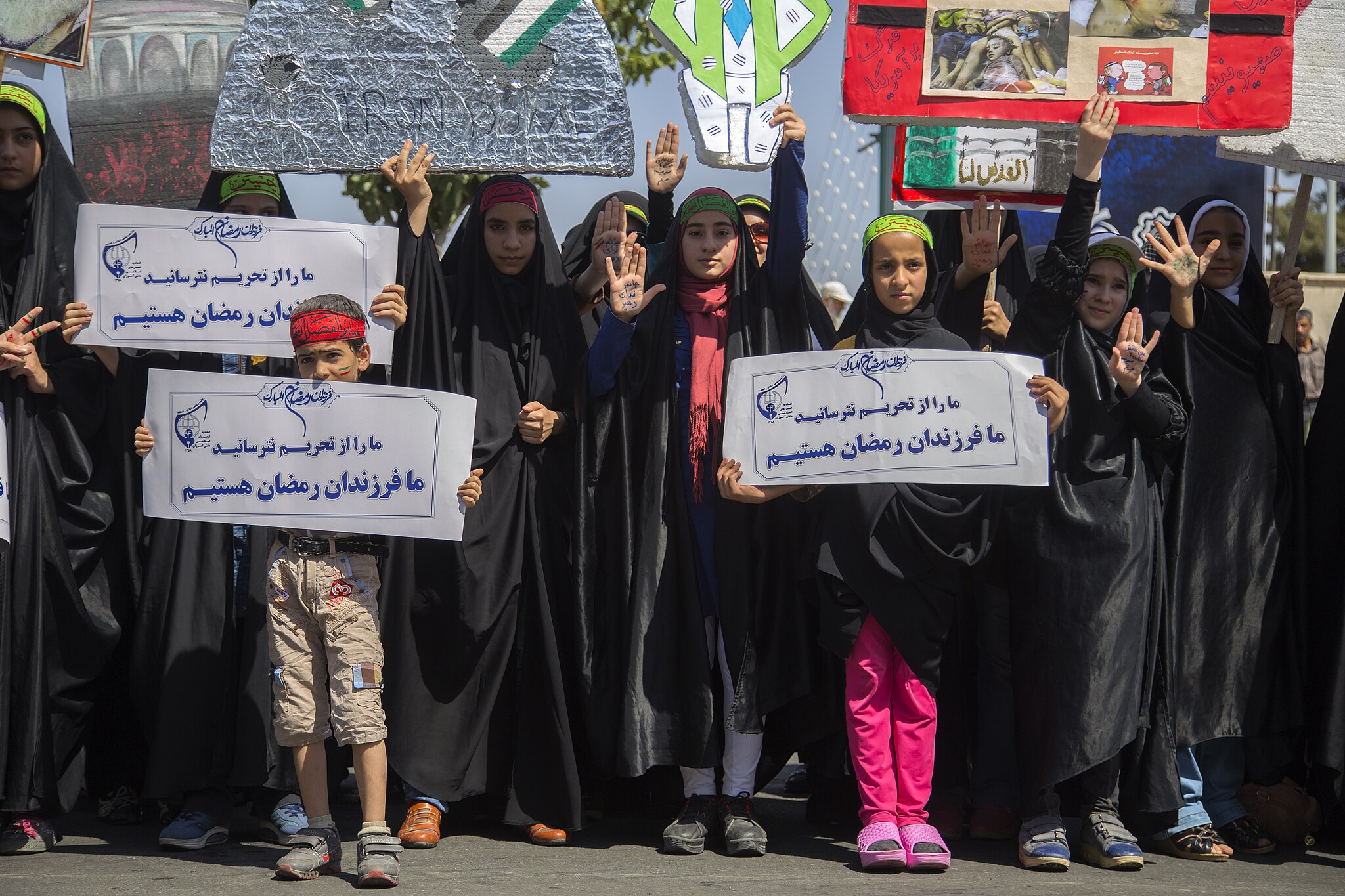Iranian cyberattacks target regional defense and intelligence agencies

Protesters in Iran on Quds Day in 2015, a pro-Palestinian event on the last Friday of Ramadan
Hailey Brown - As war between Israel and Hamas carries on, now for almost a month, regional dynamics in the Middle East are shifting. Hackers connected to Iran’s Ministry of Intelligence and Security have been collecting intelligence on Israeli, Saudi Arabian, and Jordanian government officials, militaries, financial organizations, and telecommunications for a month. Check Point, an Israeli-American cybersecurity company exposed the campaign. It said the actions were more sophisticated than prior hacks it has tracked. Geopolitical codes explain Iran’s new cyberattack strategy.
States are geopolitical actors which rely on specific calculations to determine how to interact with other actors on the global stage. Calculations include key questions of allies, enemies, threats, and how to represent subsequent actions to the world. It is likely Iran carried out the recent cyberattacks in response to increased regional conflict. Brig. Gen. Mohammad Reza Ashtiani, Iran’s defense minister, explained these calculations, saying, “In today’s complicated world, it is necessary for the country to go beyond its current line of defense.” The speech also warned against western, specifically U.S., interference in the Middle Eastern region. Increase in regional conflict and presence of the west is a threat to Iran’s sense of security both in the region and in the world. Information collected through the recent hacks could help Iran conduct cyberattacks in the future, explaining the heightened hacking activity. The increasingly sophisticated capabilities of Iranian hackers to infiltrate secure systems of other countries and extract sensitive information is a threat to cybersecurity globally.
The technological advances are also a signal of increasing material power. Power dictates whether actors can achieve their goals in the face of a world of many competing interests. The growing strength of Iran’s technology and hacking abilities is one piece of its material power. The way this power allows Iran to interact with other countries is known as relational power. Other countries' inability to defend against Iran’s attacks is an example of how the relational power balance favors Iran. These power relations also favor Iran’s changing geopolitical code and its status in the region.
Image source: Mostafameraji, CC BY-SA 4.0

